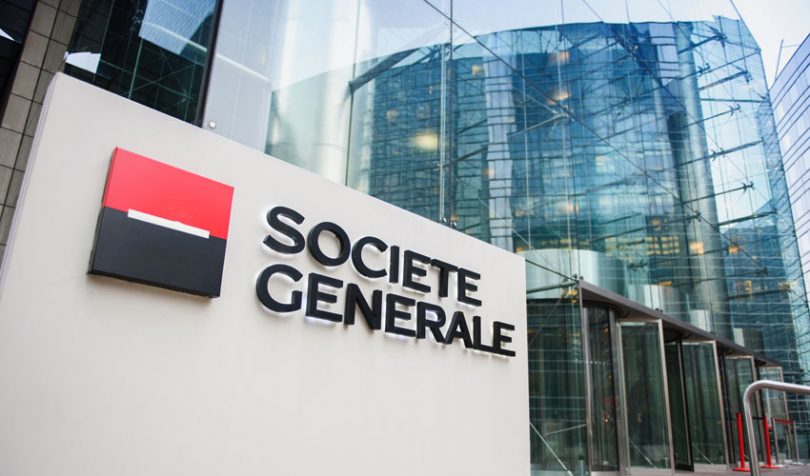Yesterday Societe Generale announced that its subsidiary Societe Generale SFH issued a €100 million ($112m) covered bond as a security token on the public Ethereum blockchain last week.
The bonds were rated Aaa/AAA by Moody’s and Fitch and were fully subscribed by Societe Generale. In other words, this was a pilot internal group transaction.
Most banks are hesitant to use public blockchains for several reasons, mainly relating to legal and governance issues. For example, Ethereum has forked in the past into Ethereum and Ethereum Classic. In these situations, the assets live on both chains, but there may be solutions. For example, it’s conceivable that by purchasing or subscribing to a token one agrees to the issuer deciding which chain will be the “true” one in the case of a fork. This is a Ledger Insights observation, not something in the Societe Generale announcement.
An internal startup Societe Generale FORGE was responsible for the business solution. The bank described the primary benefits as scalability and faster time to market. The automation offered by smart contracts provides transparency and potentially speeds up transfer and settlement. And finally, by using blockchain for issuance and secondary trading, the number of intermediaries can be reduced thereby cutting costs.
Gide Loyrette Nouel provided legal advice with PwC France and francophone Africa as blockchain advisors.
Societe Generale has been very active in blockchain. It’s a shareholder of both the we.trade and komgo trade finance consortia and is also part of the VAKT post-trade blockchain for the oil industry. Plus its UK private bank subsidiary Kleinwort Hambros issued a blockchain investment note just two weeks ago.






